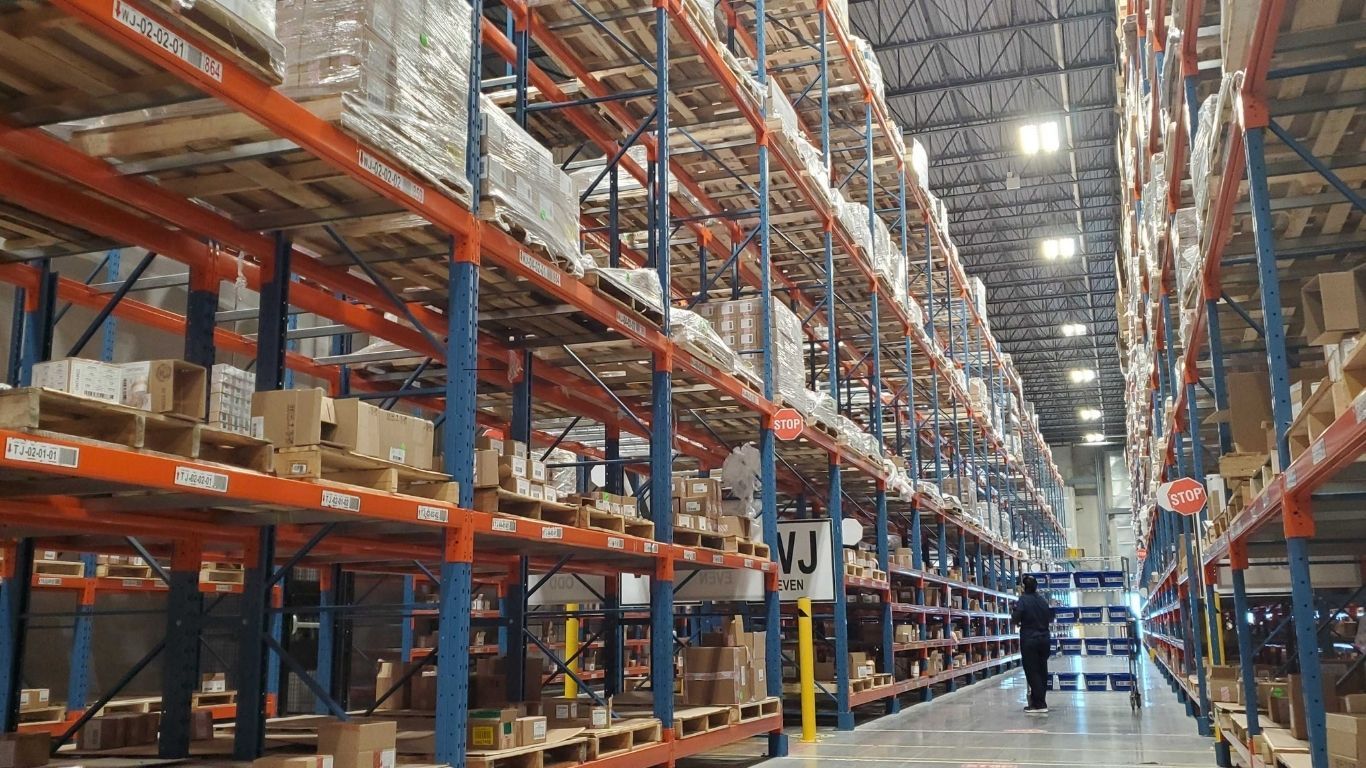
The Government of New Brunswick says a decision to potentially select a new single private operator model for the sale of recreational cannabis in New Brunswick has been delayed by Covid-19, but that a decision could still come by this summer.
In January of this year, the province said a decision could have been made as early as this spring, after first announcing the possibility last November.
“Like many activities, the COVID-19 pandemic has had an impact on the RFP evaluation work over the past few weeks,” says Vicky Deschênes, Senior Managing Director, Communications for the Government of New Brunswick. “That being said, it is still possible that a decision will be made by the end of the summer.”
On November 14, the New Brunswick Government issued a request for proposals (RFP) for a “single private operator” to take over the operation, distribution and sales of recreational cannabis in New Brunswick. A week after that, the province introduced amendments to their provincial regulations to allow the potential change from the current provincially-owned model.
“Like many activities, the COVID-19 pandemic has had an impact on the RFP evaluation work over the past few weeks. That being said, it is still possible that a decision will be made by the end of the summer.”
Vicky Deschênes, Senior Managing Director, Communications for the Government of New Brunswick.
In January, the province announced they had received proposals from eight prospective companies: Canopy Growth; Fire & Flower; Green Stop Cannabis; Kiaro Brands.; Loblaw Companies; New Brunswick Association of Cannabis Distributors; RS NB; and YSS Corp.
There are currently 20 cannabis retail locations in New Brunswick, run by Cannabis NB, who also manages distribution in the province. Finance Minister Ernie Steeves said last November that part of the reason for the potential move to privatize was because the province was supposedly losing money because it had not yet recouped their initial startup costs. However, since that time Cannabis NB has shown a profit.
“This was the best way to stop losing money at this point,” Steeves said at the time. “We are responsible for the taxpayers’ money, and we have to be prudent with it.”
“This is part of our efforts to energize the private sector, get our financial house in order and maximize the benefits for taxpayers and the government,” the minister said in a government press release. “After a careful and thorough review of the current business model for the sale of recreational cannabis and an analysis of alternative options, we came to the conclusion that the best approach for New Brunswick taxpayers and government is to turn to the private sector.”
The Minister also blamed Health Canada’s regulations for their initial problems at recouping startup costs.
“I’m convinced Health Canada did not want it to succeed. Health Canada has come out with rules like you can’t smile in pictures on our website, because that might encourage people to take part in this activity,” Steeves said at the time.
However, other provinces that have a publicly-run retail and distribution system, including neighbouring Quebec, have done much better. Nova Scotia also has shown significant profits. Neighbouring PEI, who also sells through a provincially-run retail system said late last year that they expected to show profits soon. (PEI Cannabis stores have since then been closed due to Covid-19, though, with sales only available online through the provincial retailer).
All three of these provinces show much lower retail prices than New Brunswick, potentially leading to more sales.
New Brunswick’s move to potentially privatize cannabis distribution and sales comes after a change in leadership in the province, when the Progressive Conservatives and the People’s Alliance joined forces to defeat Premier Liberal Brian Gallant’s minority government via a non confidence vote. The New Brunswick Liberal Party is the government that established the distribution and retail model in the province.
Currently, all provinces and territories in Canada have a provincially-run distributor except for Saskatchewan and Nunavut. Alberta, Saskatchewan, Manitoba, Ontario and Yukon have exclusively private retail stores, while BC has a mixed model of public and private stores. Quebec, PEI and Nova Scotia have publicly run stores. The Northwest Territories have no physical retail stores, but sell online through the government distributor. Nunavut recently opened their territory up to private retailers.











